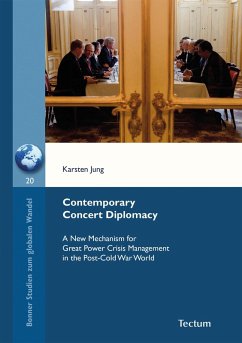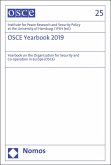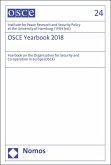Two centuries after the Congress of Vienna formed the 'Concert of Europe', the great powers of the world once again assembled in Austria's capital in June 2015: This time they were negotiating an end to the nuclear standoff with Iran. These so-called EU-3+3 negotiations signify a broader trend: From Iran to North Korea, from the former Yugoslavia to Israel and Palestine, the great powers increasingly opt for exclusive and informal ad hoc formats in crisis management. Though lacking in aristocratic grandeur and festive surroundings, these context-specific, self-selected forums for policy-coordination in many ways resemble the nineteenth-century 'Concert of Europe'. Why do the key actors in the contemporary international system consciously shun the standards of accountability and legitimacy represented by the post-war liberal institutional order? Why are they in favor of a more casual form of diplomacy that is not constrained by an inclusive membership, strict rules of procedure, and modern standards of transparency? This study rationalizes the popularity and assesses the viability of Contemporary Concert Diplomacy as a means for crisis management in the post-Cold War world. Drawing on a system-level analysis as well as four extensive case studies (the Yugoslavia Contact Group, the Middle East Quartet, the Six Party Talks with North Korea, and the EU-3+3 negotiations with Iran), it examines and explains the emergence, operation, and outcomes of Contemporary Concert Diplomacy. In doing so, it sheds light on a highly significant - but vastly understudied - instrument of crisis management. It thus proves valuable to both, the student and practitioner of international affairs.
Dieser Download kann aus rechtlichen Gründen nur mit Rechnungsadresse in A, B, BG, CY, CZ, D, DK, EW, E, FIN, F, GR, HR, H, IRL, I, LT, L, LR, M, NL, PL, P, R, S, SLO, SK ausgeliefert werden.









